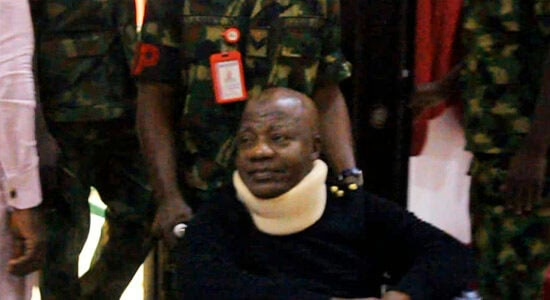Federal High Court Orders Forfeiture of Shares Valued Over N246 Million Linked to Ex-NAPL MD
On Tuesday, August 26, 2025, Justice Dehinde Dipeolu of the Federal High Court in Ikoyi, Lagos, mandated the permanent forfeiture of shares worth more than N246 million. These shares were connected to Major-General U.M. Mohammed (retired), the former Managing Director of Nigerian Army Properties Limited (NAPL), transferring ownership to the Federal Government of Nigeria.
EFCC’s Role in Asset Recovery
The Economic and Financial Crimes Commission (EFCC), through its Lagos Zonal Directorate 2, initiated the motion that led to this ruling. The anti-corruption agency traced multiple shareholdings valued at exactly N246,305,544 to the retired general, asserting that the assets were acquired through illicit means.
In an official statement shared on its social media channels, the EFCC confirmed the court’s decision, emphasizing the significance of reclaiming assets derived from unlawful activities. The commission highlighted that the court’s verdict followed a thorough investigation proving the shares were purchased with proceeds from criminal conduct.
Legal Implications and Broader Context
This judgment underscores the Nigerian judiciary’s commitment to combating corruption and recovering stolen public funds. Similar cases have seen the EFCC successfully reclaim billions of naira in assets linked to corrupt officials, reinforcing the government’s zero-tolerance stance on financial crimes.
For instance, in recent years, the EFCC has secured forfeiture orders on properties and investments worth over N5 billion from various public officers found guilty of embezzlement and money laundering. This latest ruling against Major-General Mohammed adds to the growing list of recovered assets, signaling increased accountability within public institutions.
Conclusion: Strengthening Anti-Corruption Efforts
The final forfeiture of these shares not only deprives corrupt individuals of their ill-gotten wealth but also serves as a deterrent to others engaged in similar misconduct. As Nigeria continues to enhance its anti-corruption framework, such judicial decisions play a pivotal role in promoting transparency and good governance.

















0 Comments